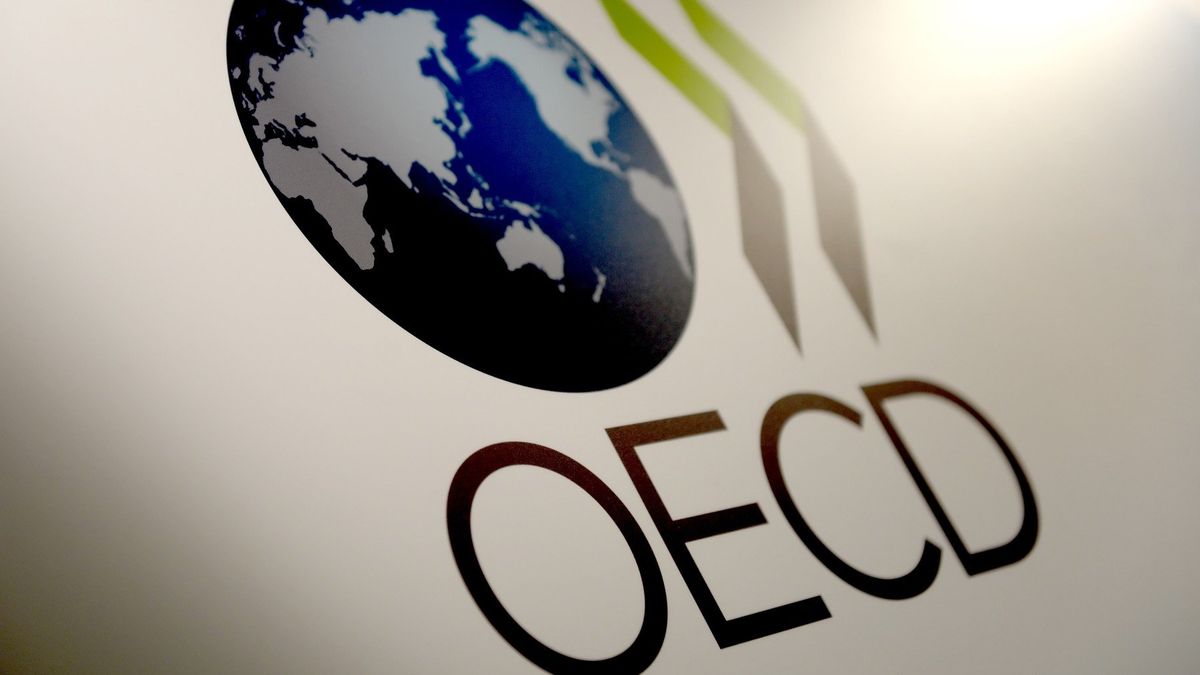Likewise, as a consequence of the sharp rise in energy prices that since the second half of 2021 has particularly affected some countries, governments implemented temporary fiscal relief measures, including tax cuts, while reducing various stimulus policies that could feed inflation
Meanwhile, in the OECD report, it indicates that most countries, in response to the repercussions of the pandemic, have reduced their tax bases for contributions to social security.
The report cites, for example, the 95% reduction that Argentina made between March 2020 and June 2022 for firms in the health sector.
Similarly, the country was cited, along with Norway, as one of the countries that implemented “changes to existing taxes on wealth” that “increased the tax burden on the richest.”
“Argentina increased the progressivity of its wealth taxes by including two additional bands at the top,” says the OECD, referring to the modifications approved by Congress at the end of 2021 in the Personal Assets tax.
It adds that “while net income over $18 million used to have a uniform rate of 1.25%, the reform increases net worth between $100 million and $300 million to 1.50%, and to 1.75% when it is greater than $300 million.
Similarly, the country, along with Austria and Norway, are pointed to as examples of nations that have broadened their tax base to include cryptocurrency-linked assets and transactions.
A pending issue for the country, however, is the distribution of taxes.
According to the data presented by the reportArgentina, contrary to the average of the OECD countries and like Chile and Brazil, among others, obtains most of the collection from consumption taxes instead of taxes on income and profitsgenerally considered more equitable.
For example, while in Australia, Canada, New Zealand and the United States, income and income tax collection represents more than 40% of total collection, in Argentina and Chile personal income taxes are only around 7%, with more than 45% coming from consumption taxes such as VAT.
If personal income taxes, social contributions and taxes on salaries are added, the proportion in Argentina reaches only 27%, when in the average of the OECD countries they add up to about half of the total of income to the treasury and in countries such as Germany, Spain, the United States and Slovenia more than 60%.
Source: Ambito
David William is a talented author who has made a name for himself in the world of writing. He is a professional author who writes on a wide range of topics, from general interest to opinion news. David is currently working as a writer at 24 hours worlds where he brings his unique perspective and in-depth research to his articles, making them both informative and engaging.




